Ten reasons not to buy the Oxford Junior Dictionary this Christmas
Six years and another edition on, half a dozen cohorts of the OJD's target market have now been provided with a lexicography for the increasingly interior, solitary and urbanised world they inhabit rather than enthused with words to describe a world they have yet to explore.
In the days before Christmas we will celebrate some lost words and call for them to be reinstated. We start today with ten of the words you won't find in recent editions of the OJD.
Making tiny tea-sets from acorn cups, or drawing faces on the acorns to create strange woodland creatures - we all did it.
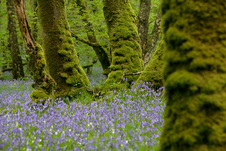 photo: Andy Hay (rspb-images.com)
photo: Andy Hay (rspb-images.com) The UK has around 50% of the world’s population making our bluebell woodlands unique and internationally important.
In suburban areas, most bluebells are hybrids due to the invasiveness of the garden variety, the Spanish bluebell.
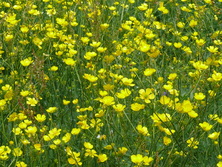 photo: Laurence Rose
photo: Laurence Rose The origin of the name appears to come from a belief that it gave butter its golden hue. In reality buttercups are poisonous to cattle and are often left uneaten.
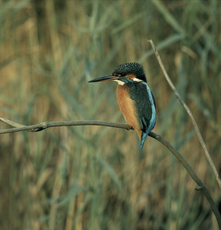 photo: Mike Richards (rspb-images.com)
photo: Mike Richards (rspb-images.com) But sit quietly, and it is not unheard of for one to suddenly appear on the tip of a fishing-rod.
If children are to learn about ash, beech, brook, cowslip, fern, fungus, gorse, hazel, hazelnut, heather, pasture, primrose, stoat, sycamore, violet, weasel and willow they will need an earlier edition. The latest offers MP3 Player, celebrity, voicemail, chatroom, cut and paste (to go with the extant words paste and cut) and the aforementioned creep.
the magpie is no more
To look up what this means, chose your dictionary carefully. In the Oxford Junior the magpie is, er, no more.
Our Christmas campaign
And for last minute shoppers, we'll suggest some books to fill the gap under the tree where the OJD might have gone.... To start with, click the button for books loved by Project Wild Thing - a partnership dedicated to reconnecting kids and their families with the outdoors.
Why not add your recommendations?
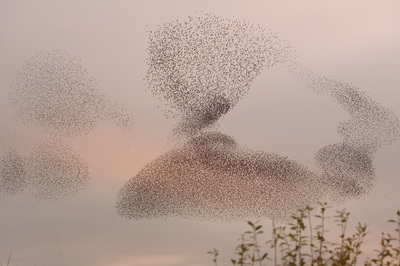
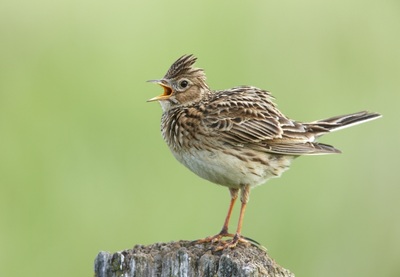
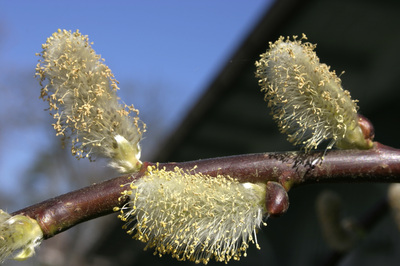
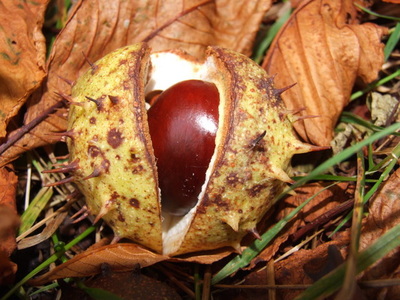
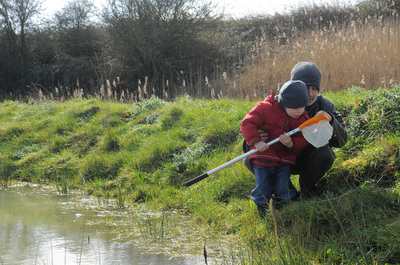
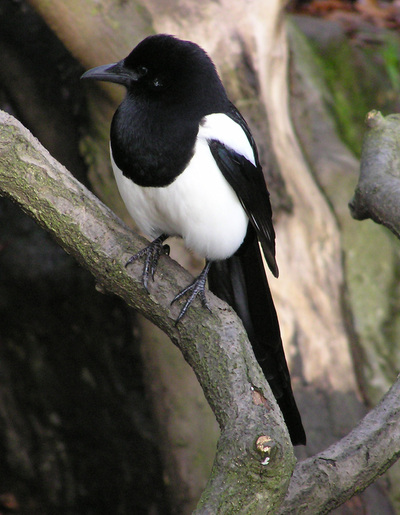
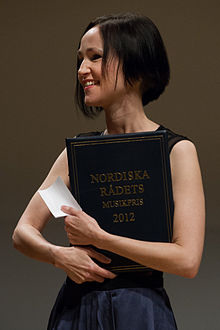
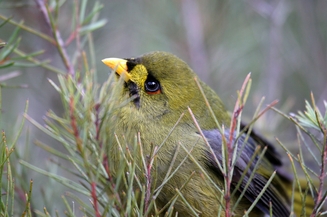
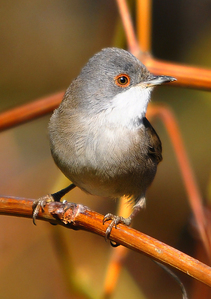

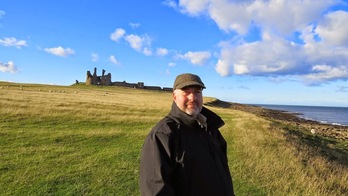

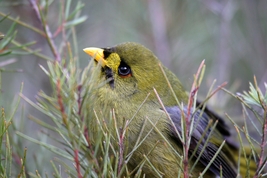
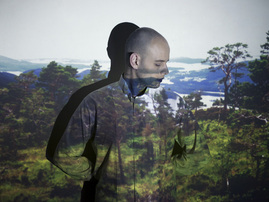

 RSS Feed
RSS Feed
